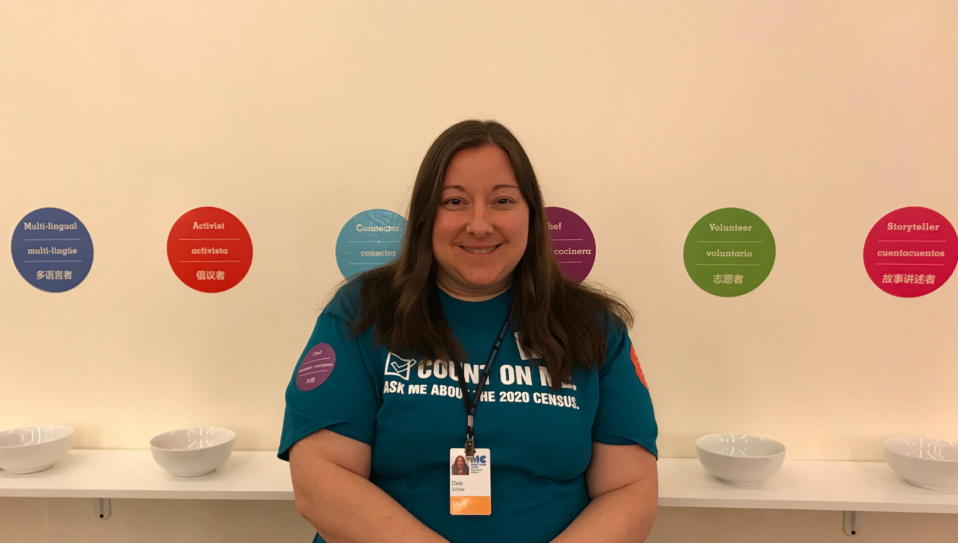Over the coming weeks we are excited to share Staff Favorites: enthusiastic book recommendations and readings that have inspired the MCC staff. In this next installment, Deb Scher, Director of Strategic Service and Civic Engagement, shares an eye-opening book on women’s anger, its role in activism and social change throughout history, and the way it has been portrayed in our social narrative.
Good and Mad: The Revolutionary Power of Women’s Anger by Rebecca Traister
“The other side of the anger is the hope. We wouldn’t be angry if we didn’t believe that it could be better.”
This book explores how women are often not given space or permission for showing anger, and can even be punished by society for expressing it. But of course, women have every right to be angry.
I shared that quote at the beginning because it feels so relevant to the work I do at Manny Cantor Center leading Changemakers. Through my role, I have the opportunity to partner with our community to work together to fix our society in ways big and small. It can be people taking time out of their day to volunteer to do everything from data entry, to helping in an ESOL class to tutoring a teen, or it can be organizing an advocacy campaign to save local bus stops or attending an educational event to enhance knowledge. I see the good that can happen when people who may feel intense anger – about the injustices they face or that they see others facing all around us – utilize that as a galvanizing force that drives their commitment to social change.
The author writes a lot about how men’s and women’s anger show up differently in our stories of social transformation. This is often the case because men throughout history (and still in many ways today) get to shape the narratives we hear, whether it be the American Revolution or the Civil Rights Movement. The way we learn about these important moments in our country’s history is through the heroic and righteous anger of men, but the women and their role in these important movements in history are often completely erased. In fact, they are even demonized for displaying the exact same traits that men are celebrated for. A particular quotation that I feel stands out:
“What becomes clear, when we look to the past with an eye to the future, is that the discouragement of women’s anger – via silencing, erasure, and repression – stems from the correct understanding of those in power that in the fury of women lies the power to change the world.”
As a woman who has been told she is too loud, too opinionated and too bossy many times in a negative context I am acutely aware of how we try to shape how women show up in the world. And multiply this for women of color, LGBTQ+ individuals, and others who do not share my privilege as a white woman. Traister explores this too, and the way she writes about intersectionality really helps the book be all the more powerful. It is so important for us to not only be self-aware in how we might benefit from privileges we may have in the world, but how we react to others – next time you think “oh that woman seems difficult” explore why you think that – is it that she challenged you, is it that she was just loud or spoke in a way you wouldn’t or didn’t think a woman should – if we all work to do a little better in our expectations and reactions to people, our community will become stronger.
The thing I want to leave you with is this: I see each day in my work that women are often the ones who show up – they show up to volunteer, they show up to work in the human services sector, they show up to organize and try to work towards social change. We all need to applaud, support and cheer on those that show up and those that continue to speak out against injustices. I don’t know about you, but there is a lot to be angry about in this world, and I want to encourage you to harness that anger to action. When you feel rage at the injustices you see or feel in the world, don’t just hold it all in, but give yourself the permission to not only feel that, but to use it to spur you into action to start working towards building a more just community, city and world for all of us.
If you don’t know where to start, come get involved at the Manny Cantor Center: https://mannycantor.org/mcc-changemakers/.










